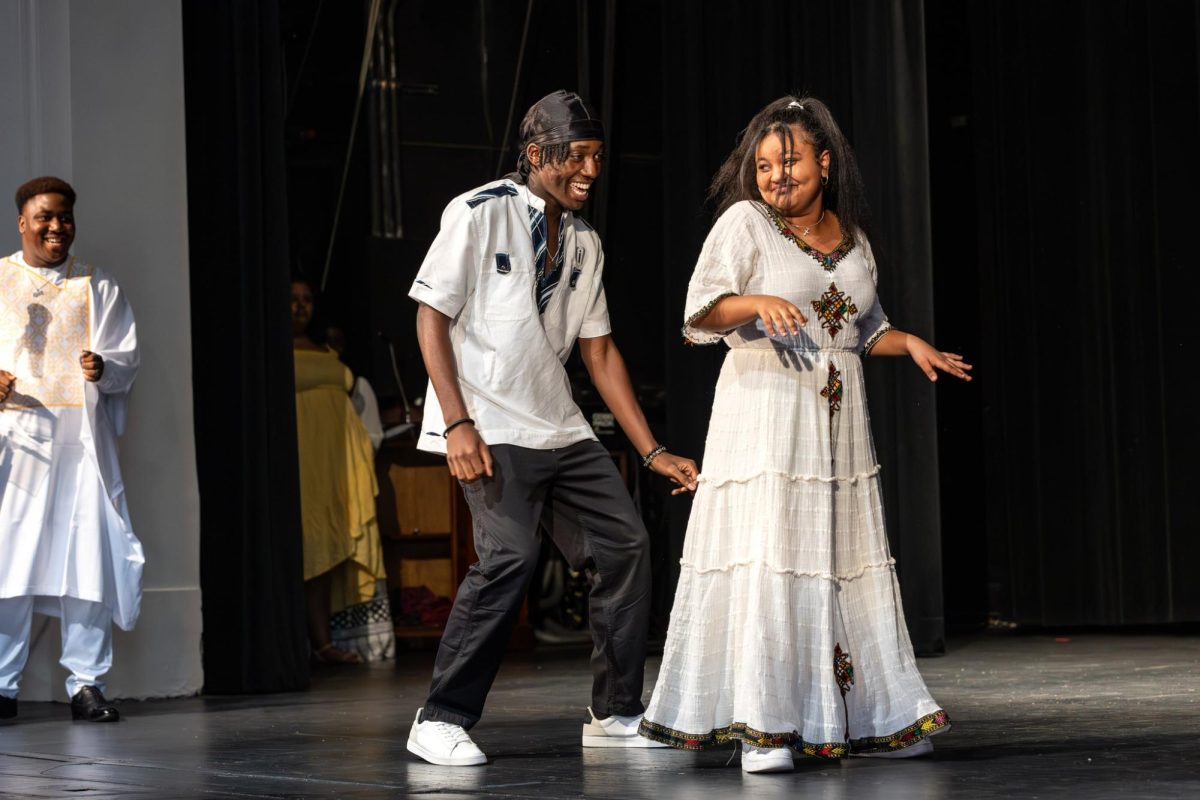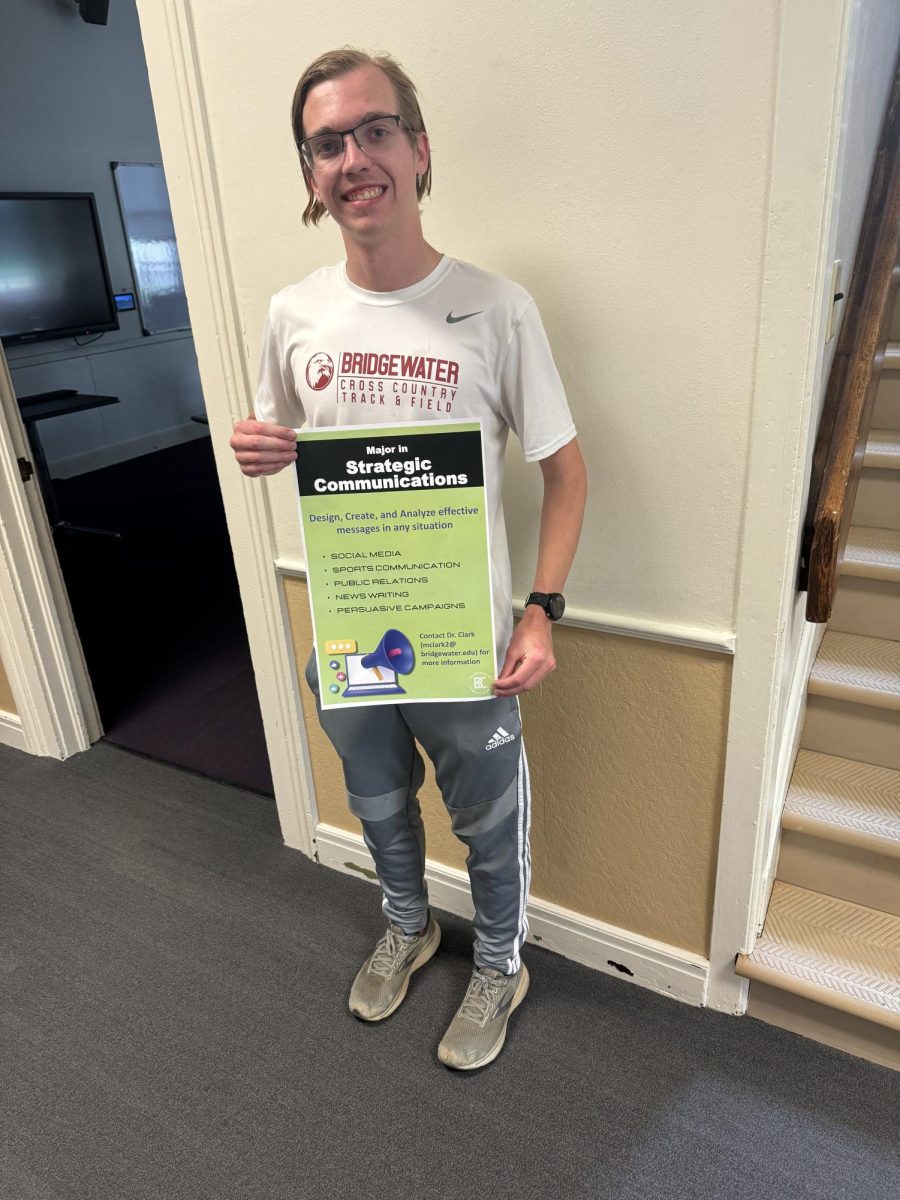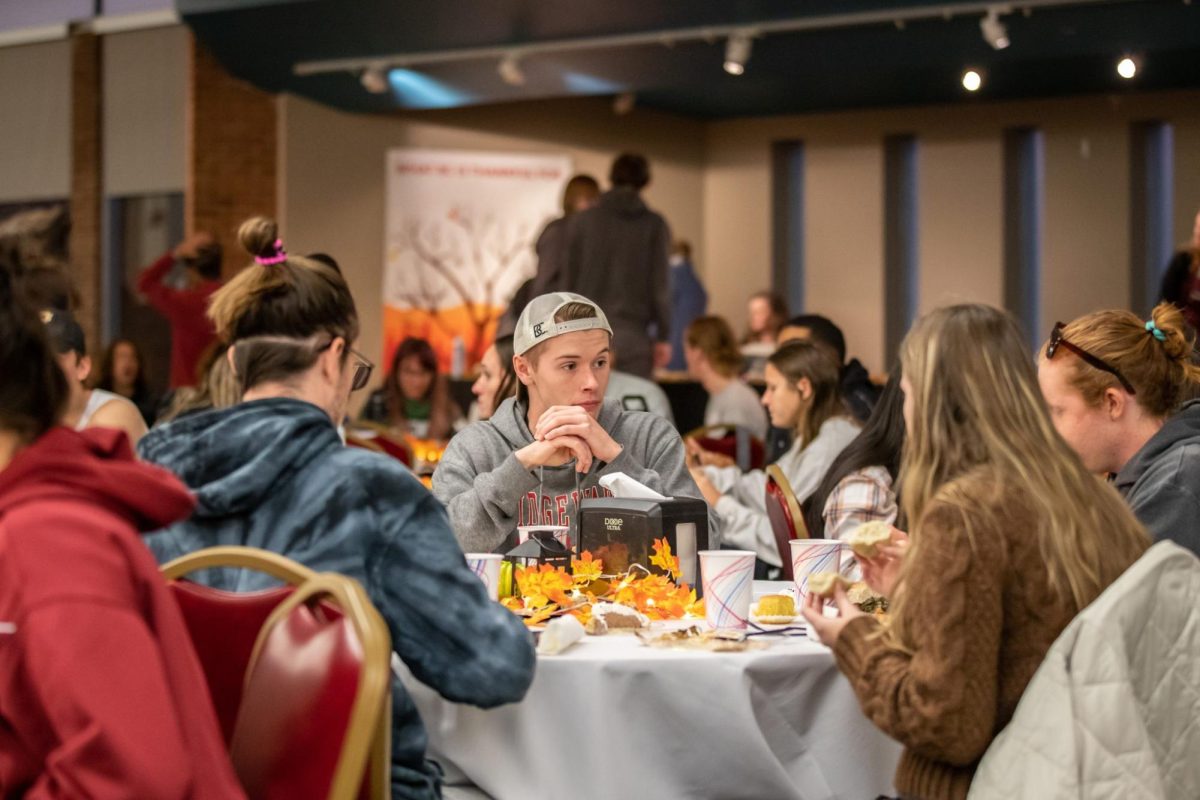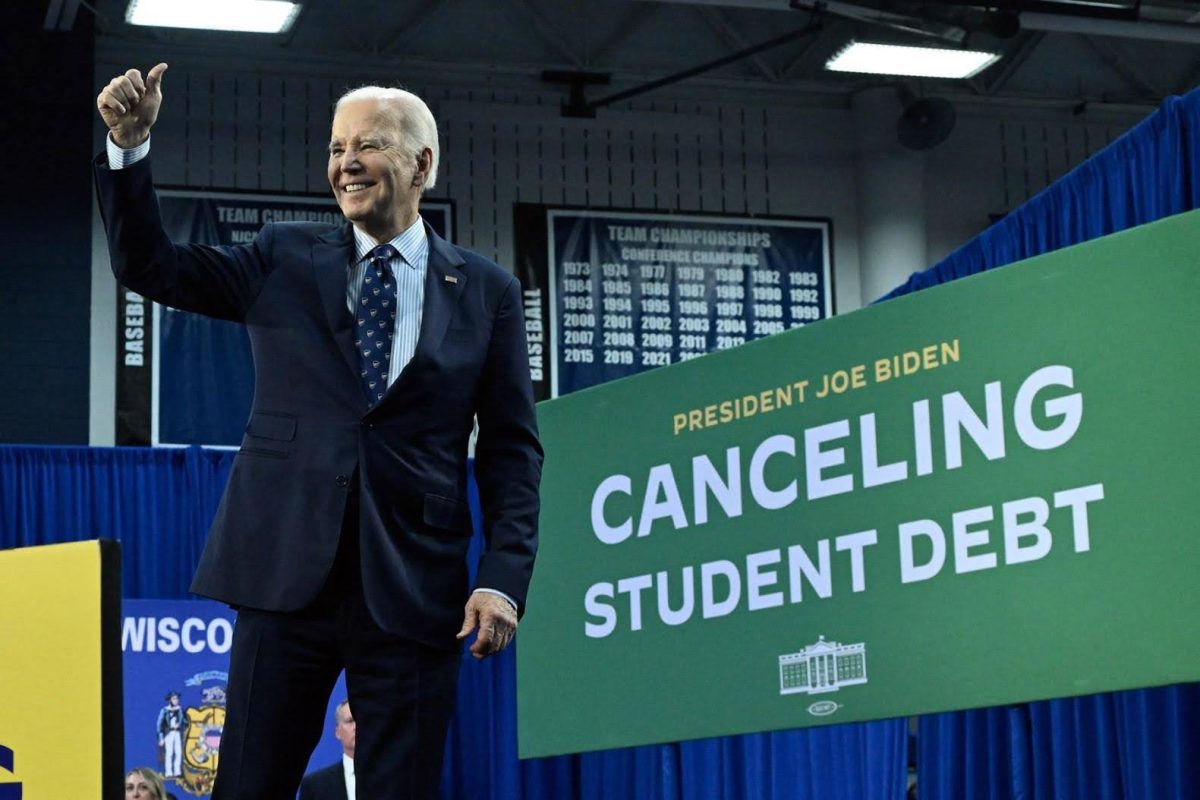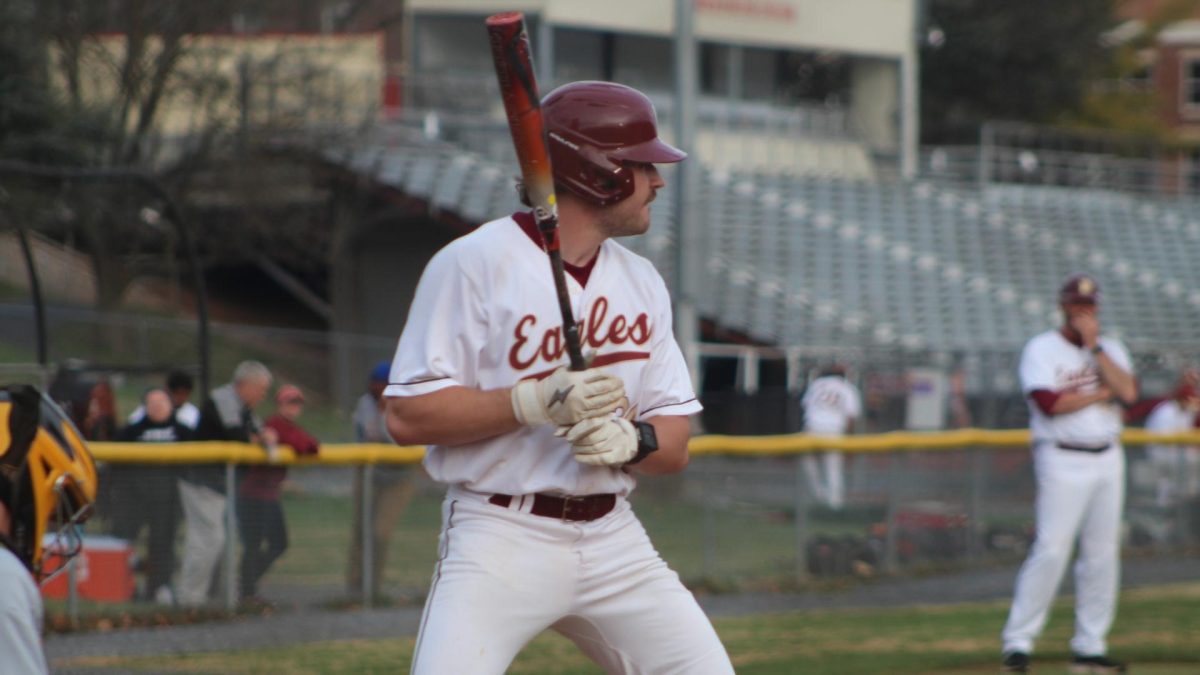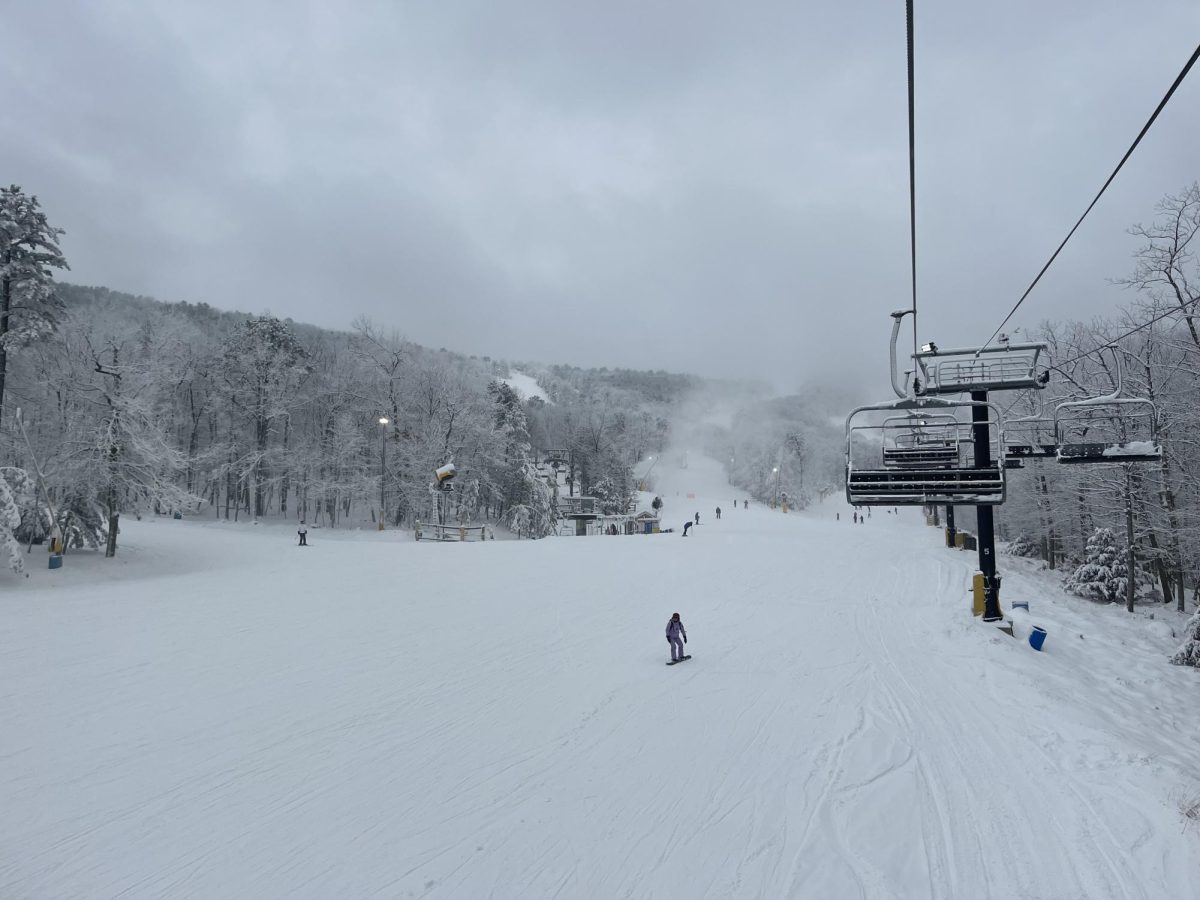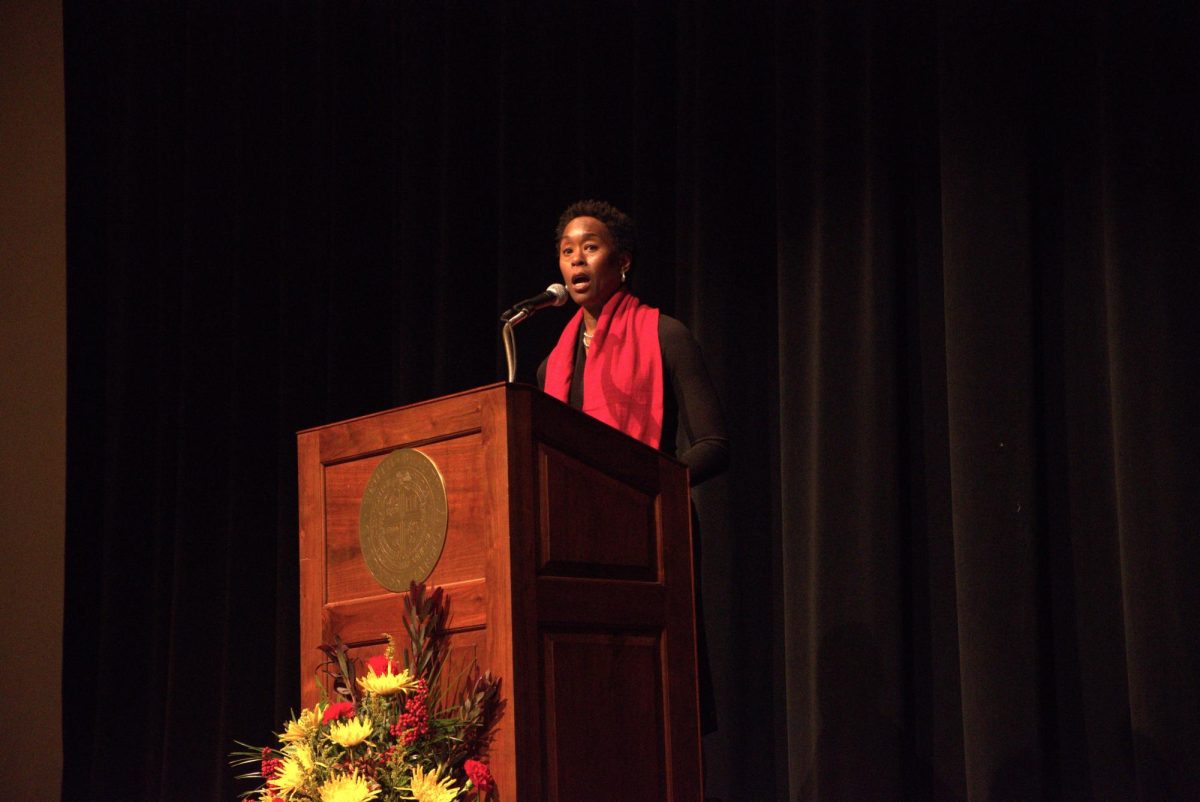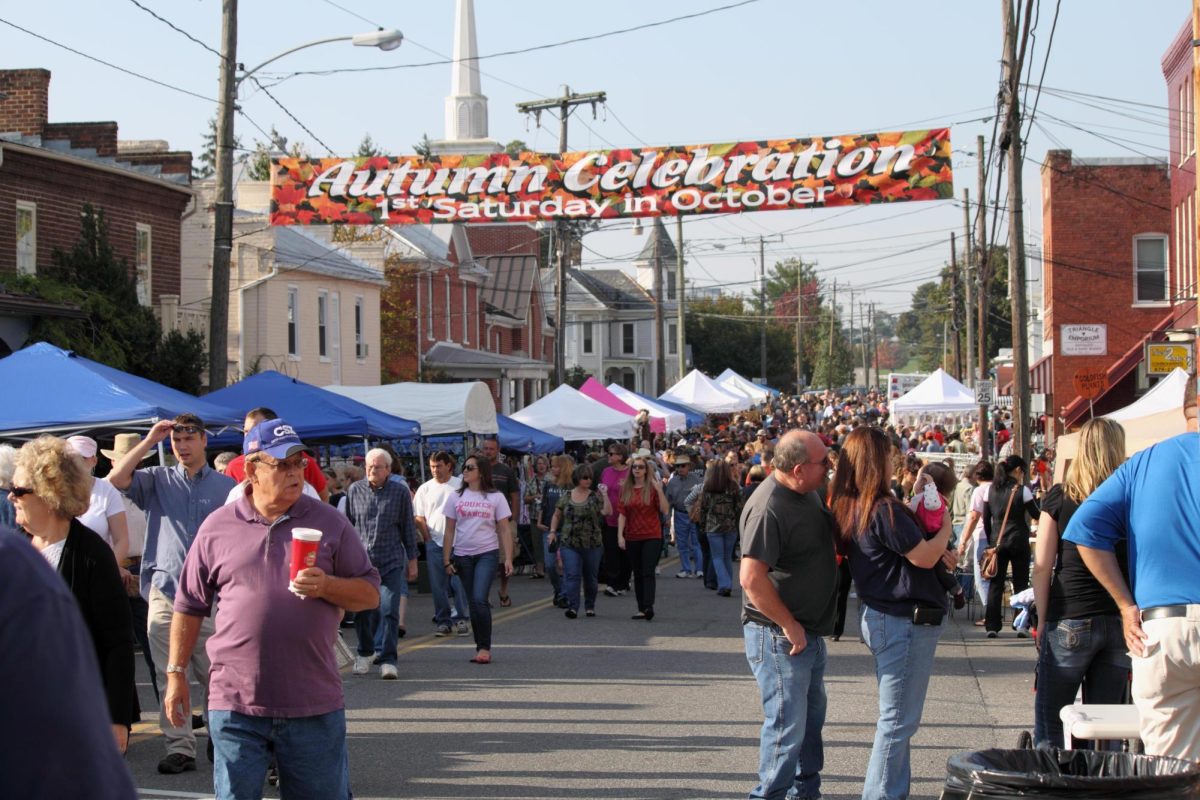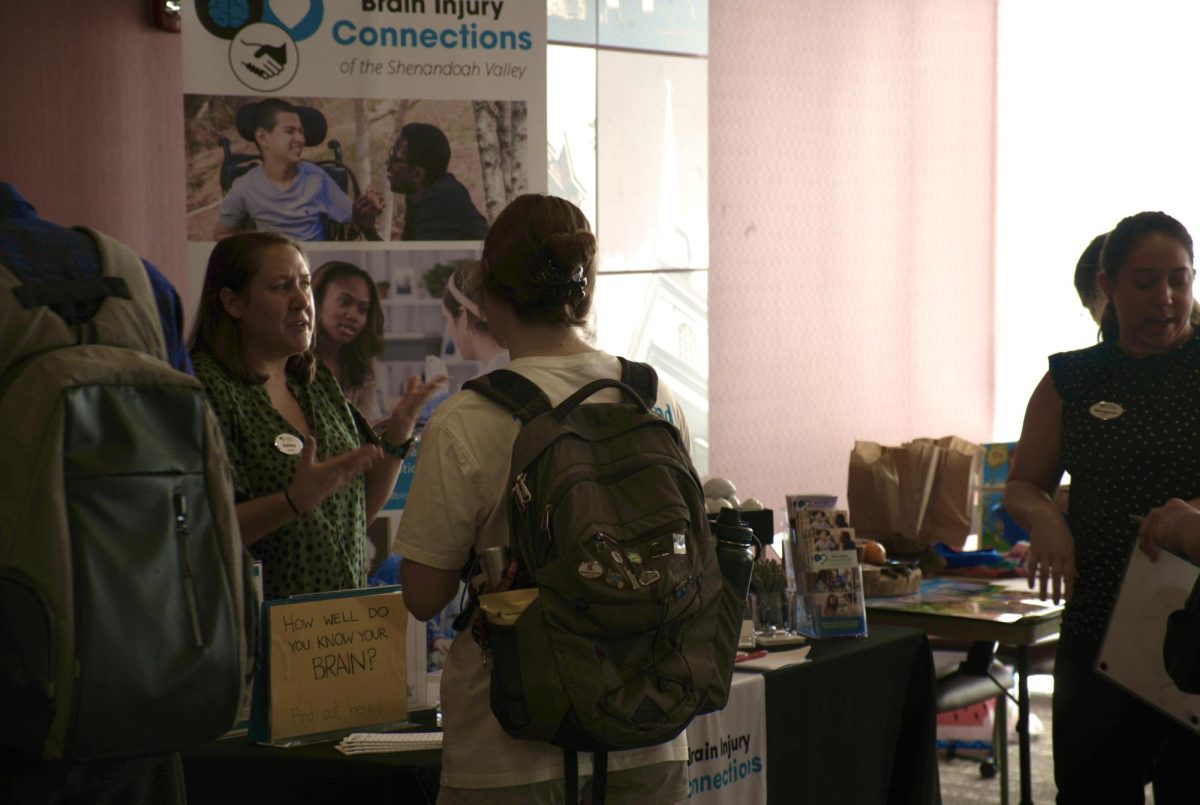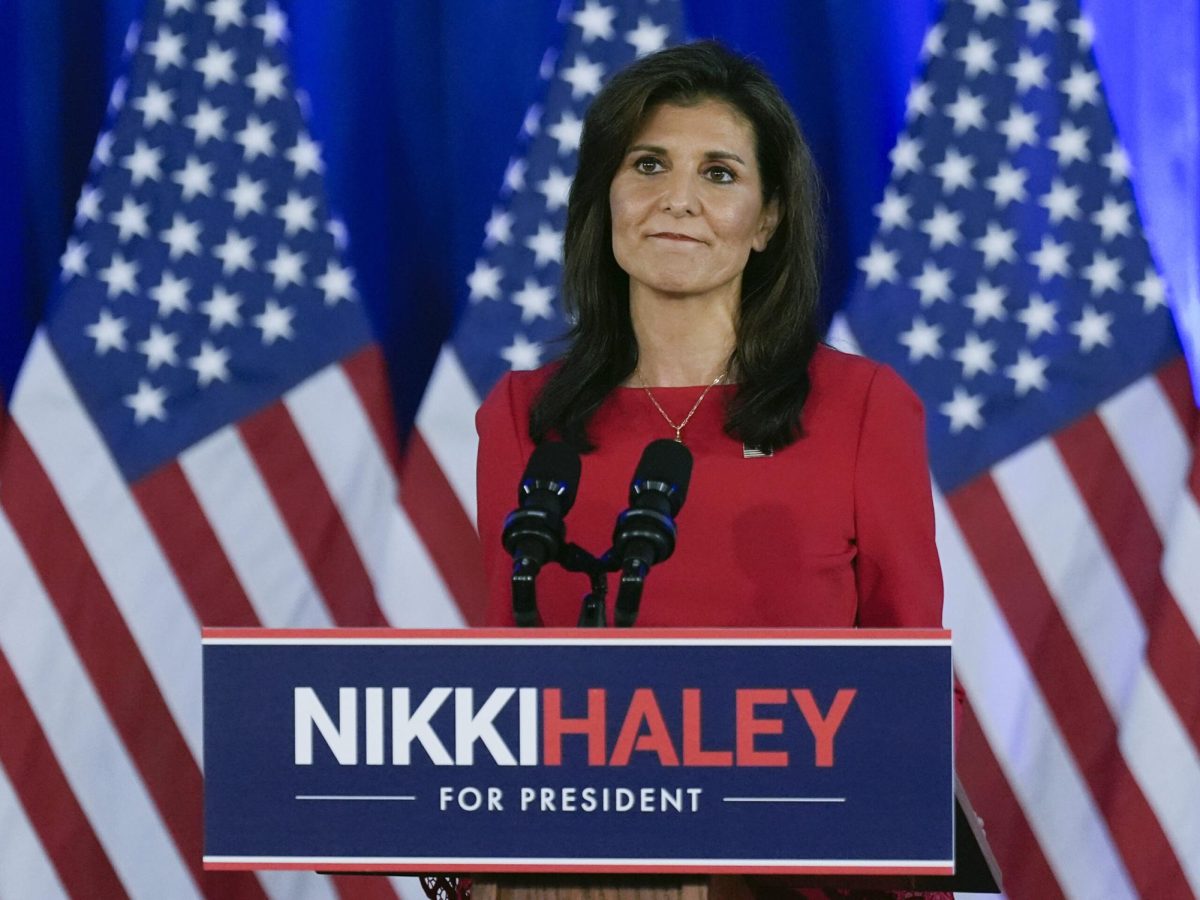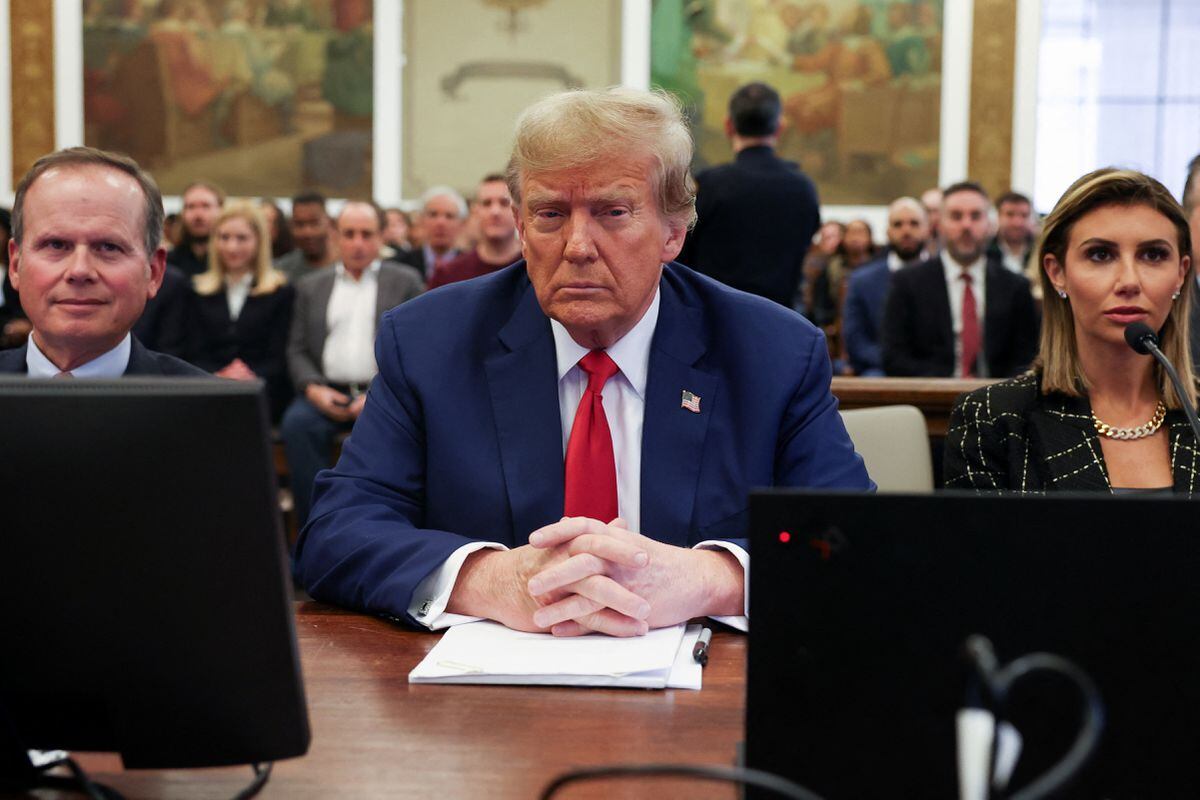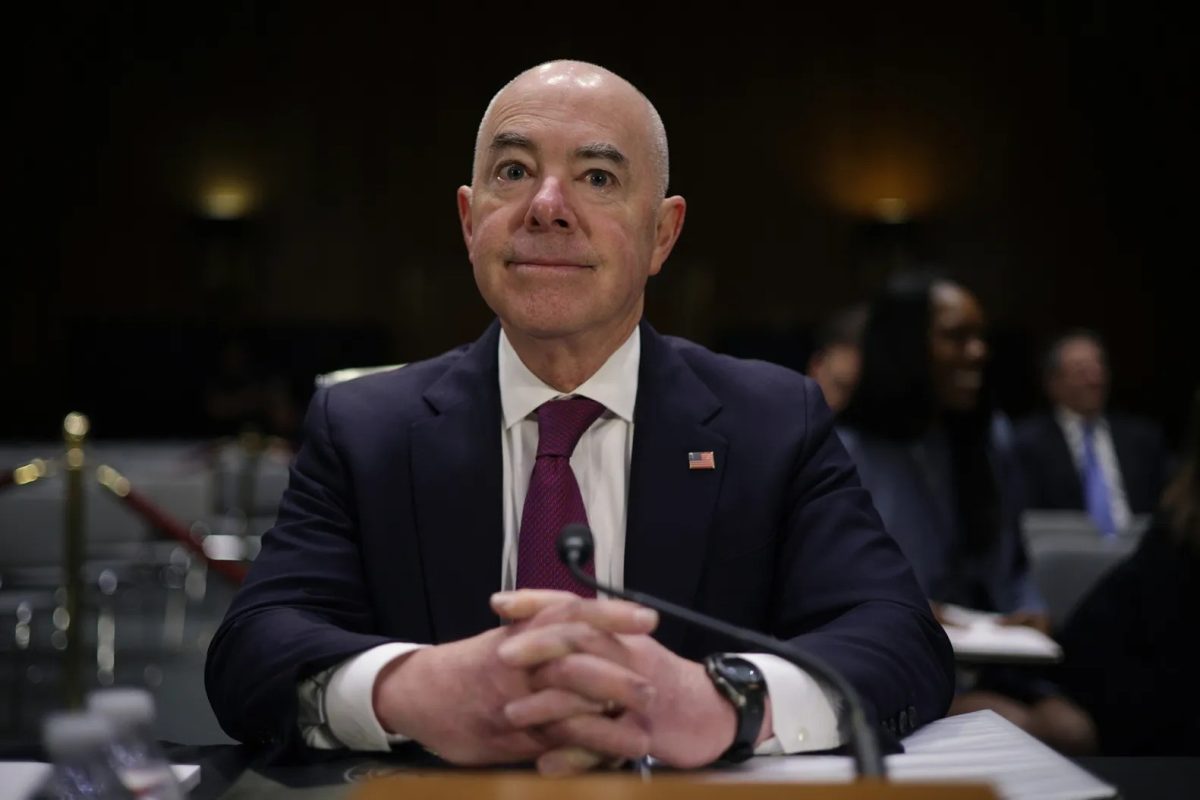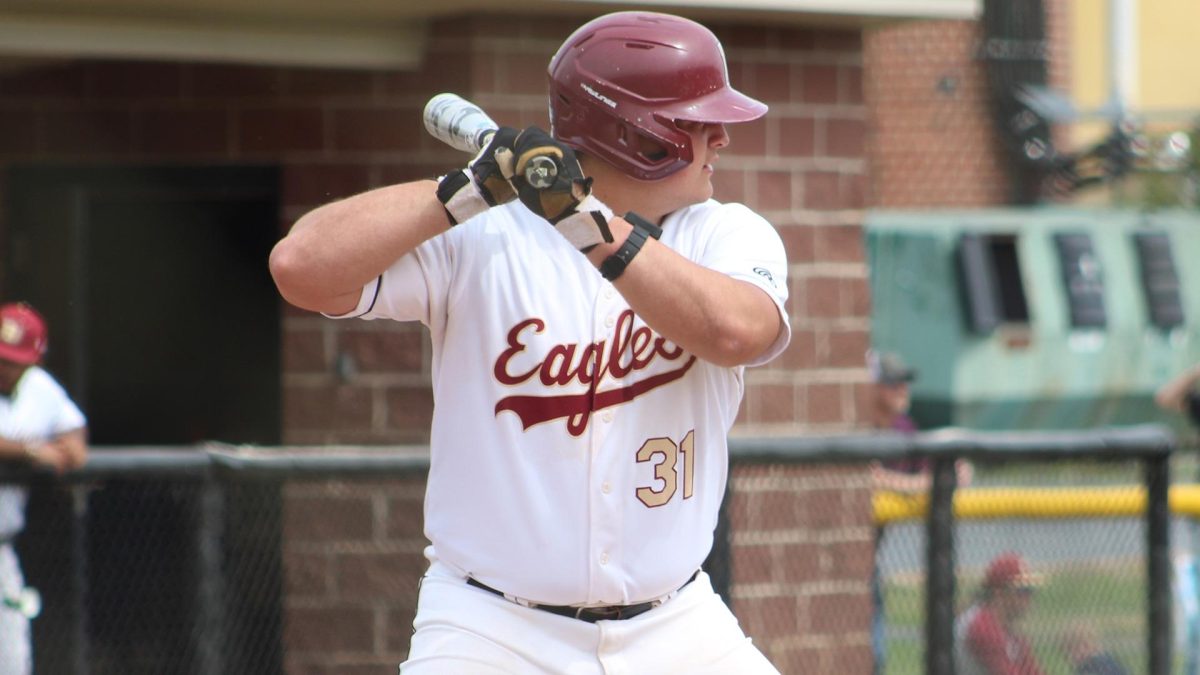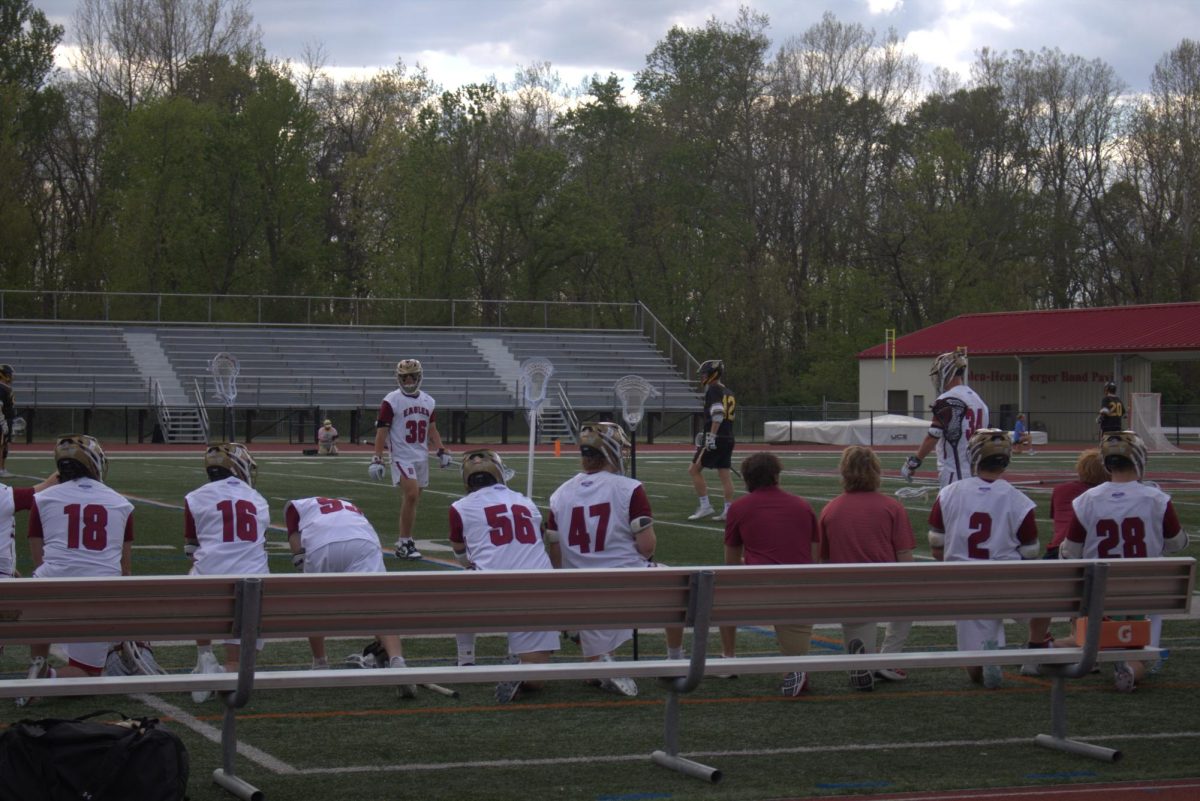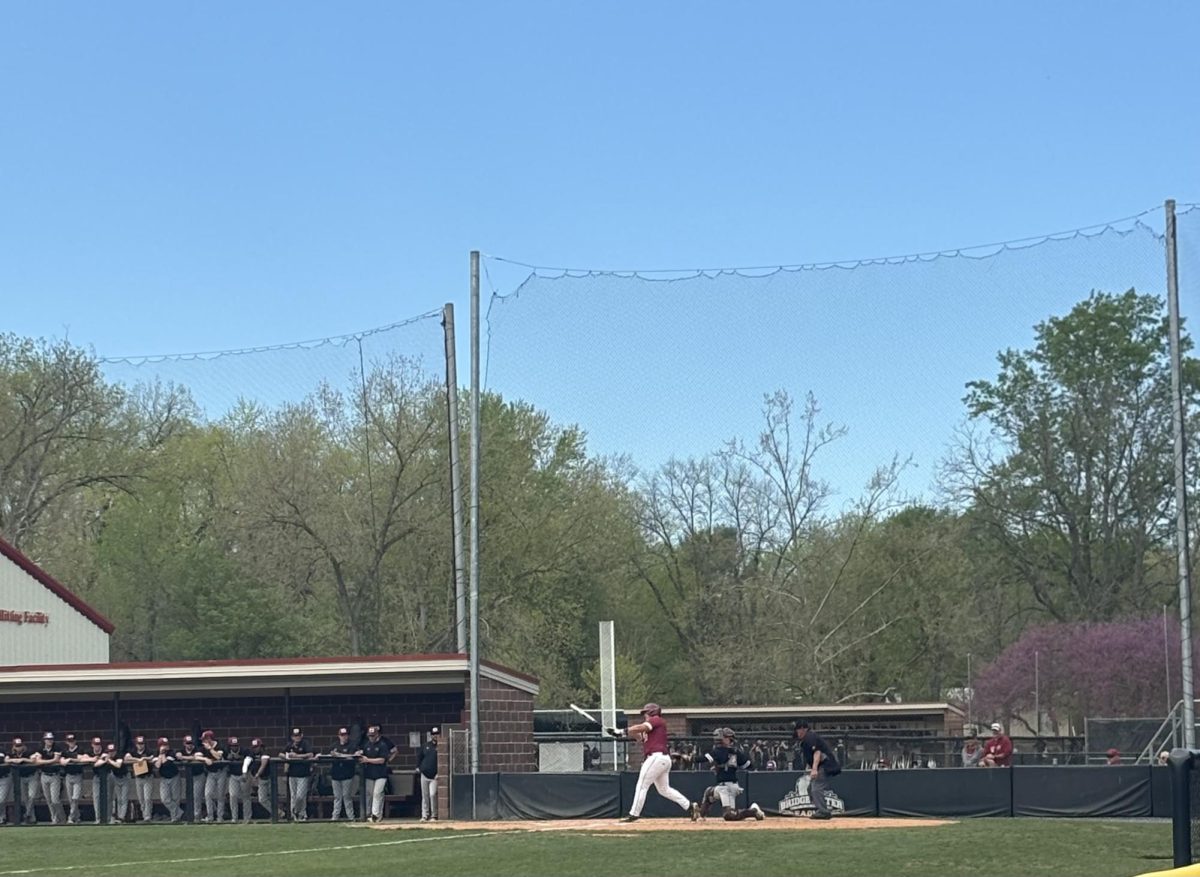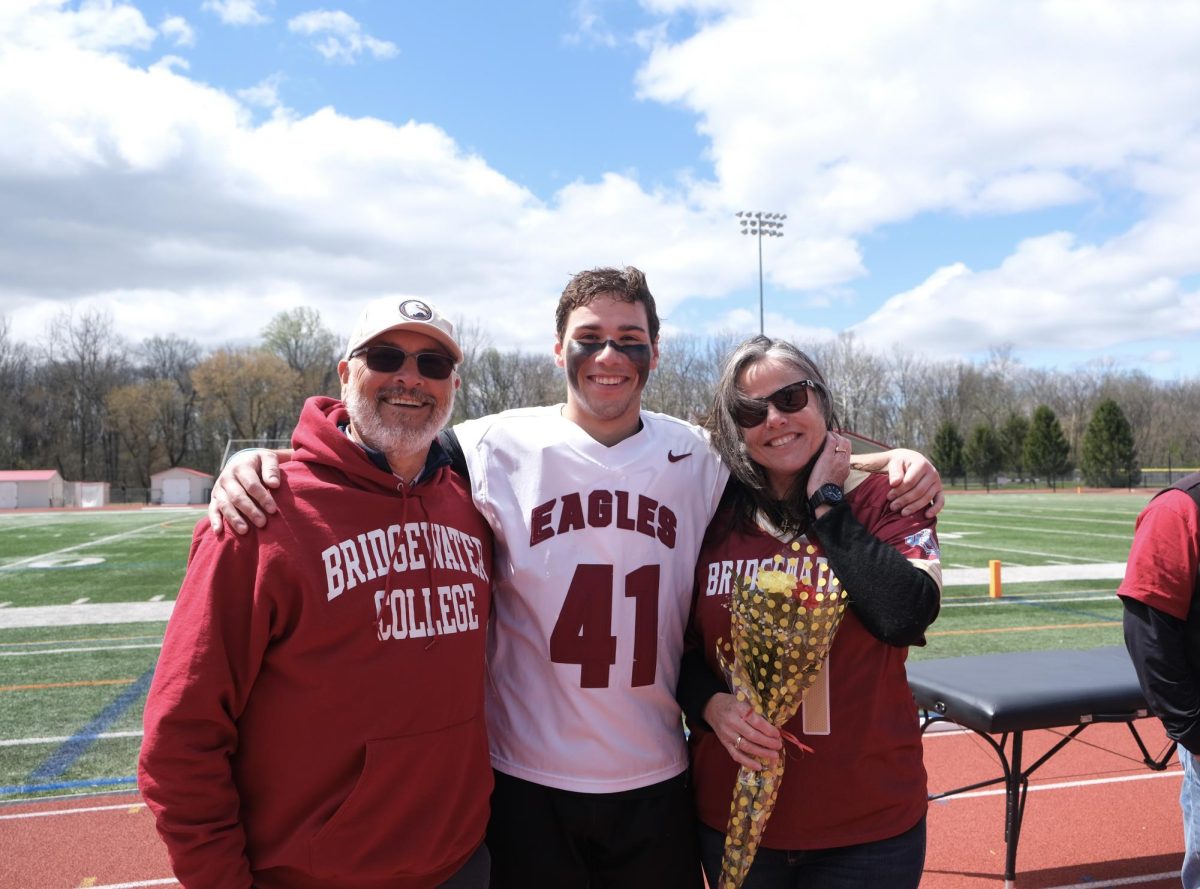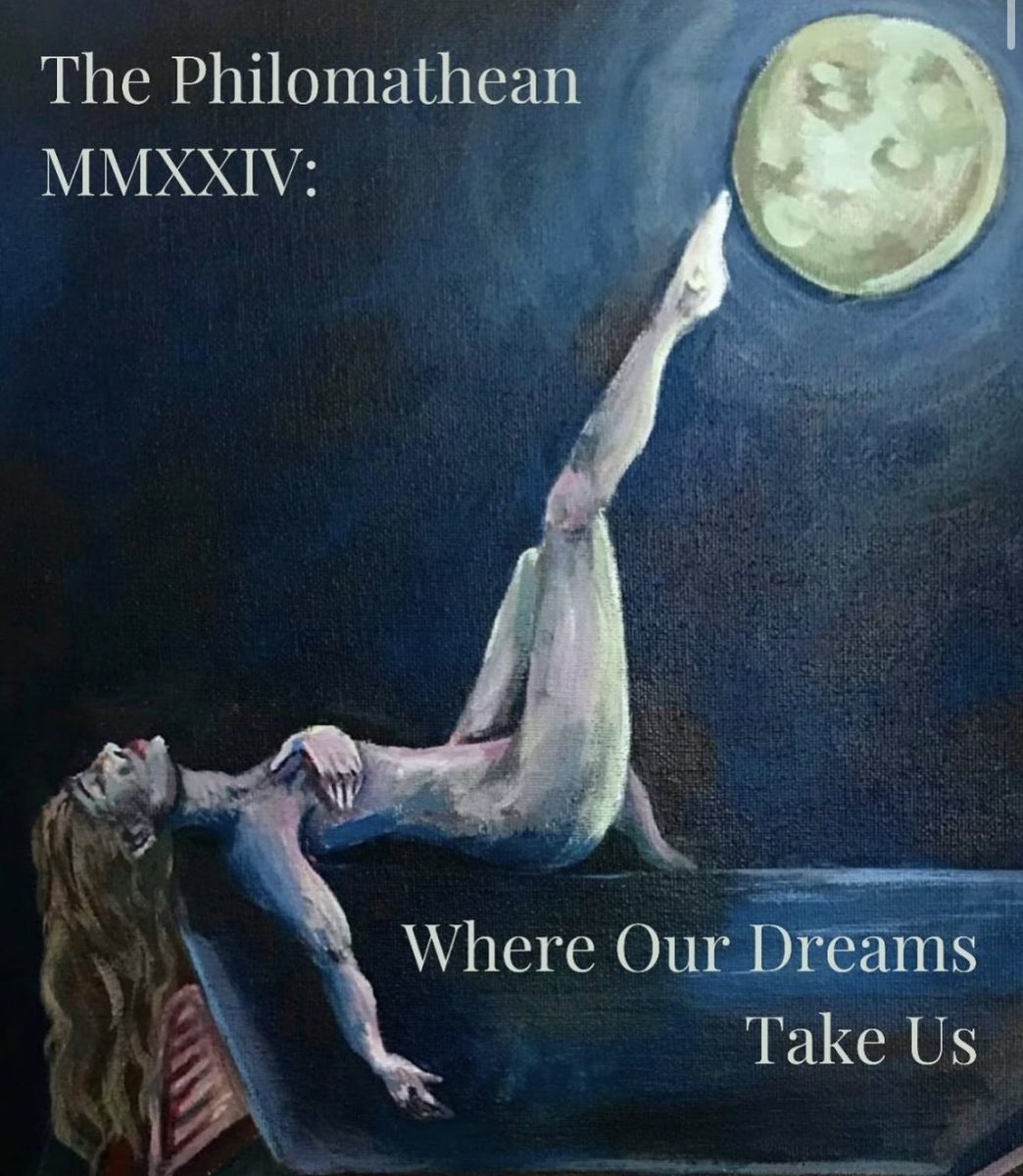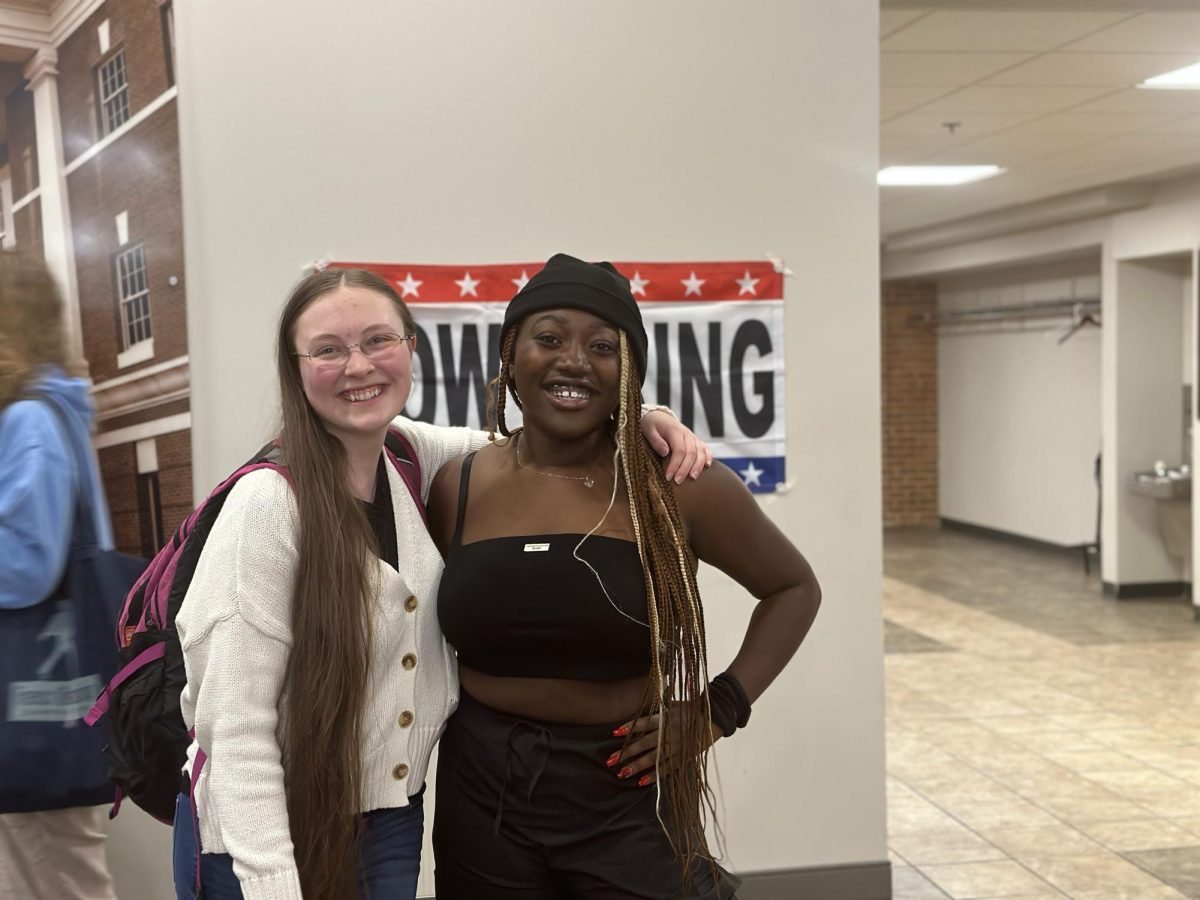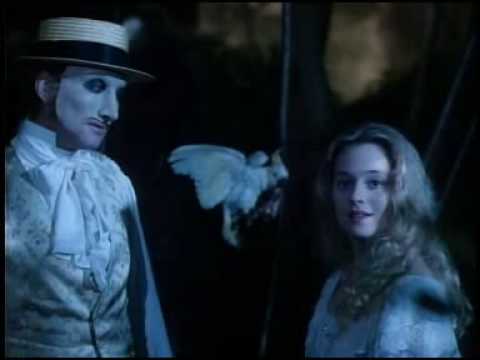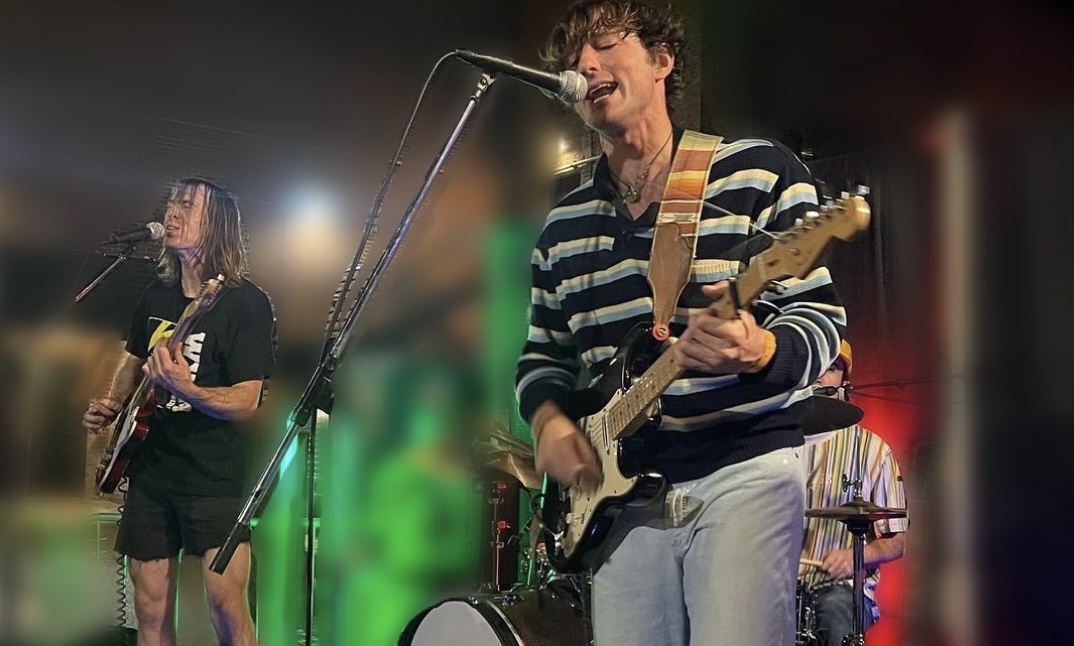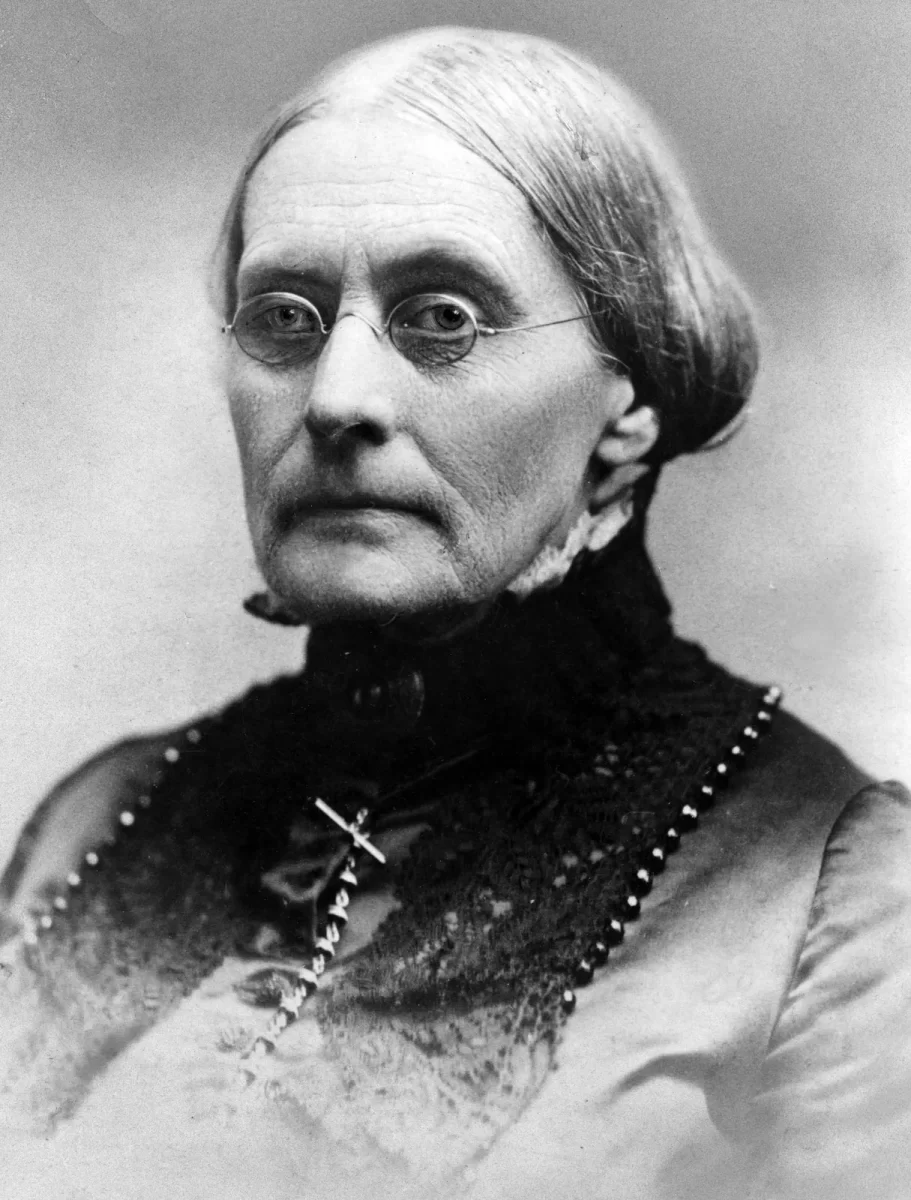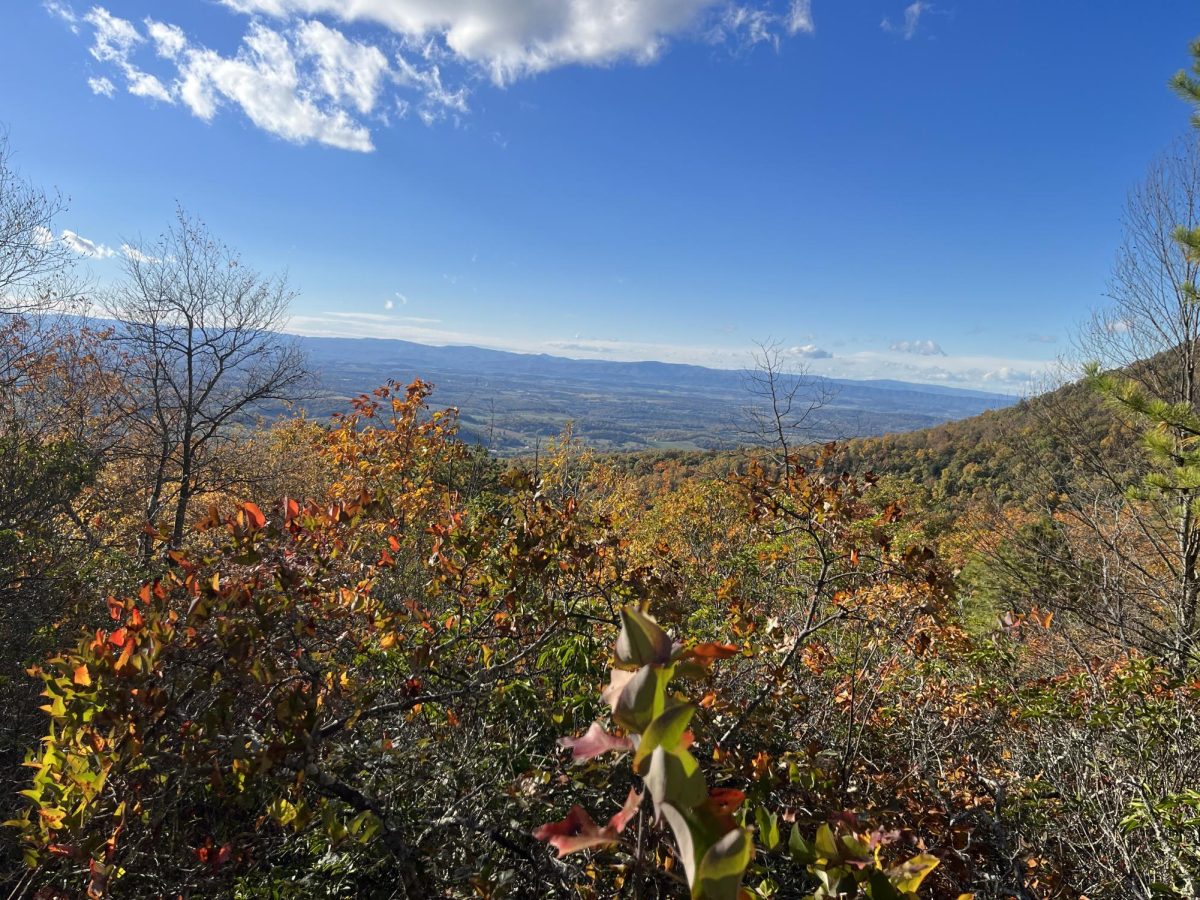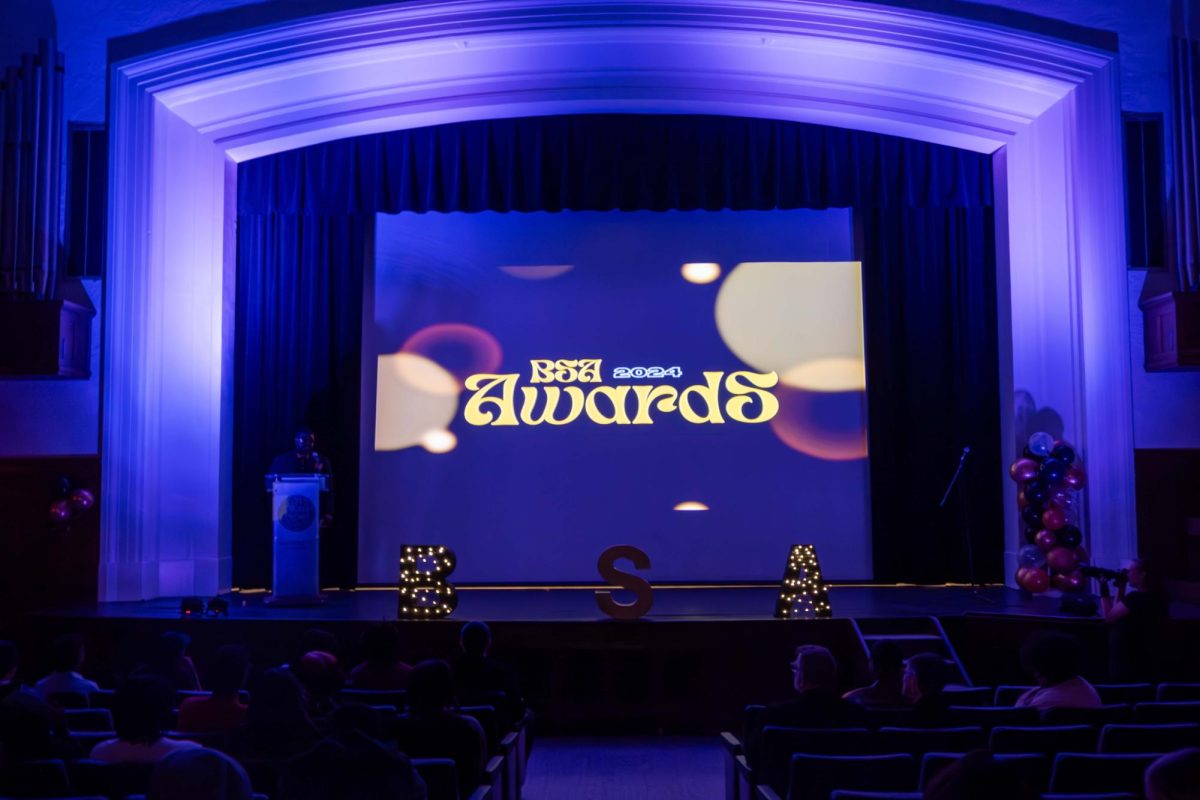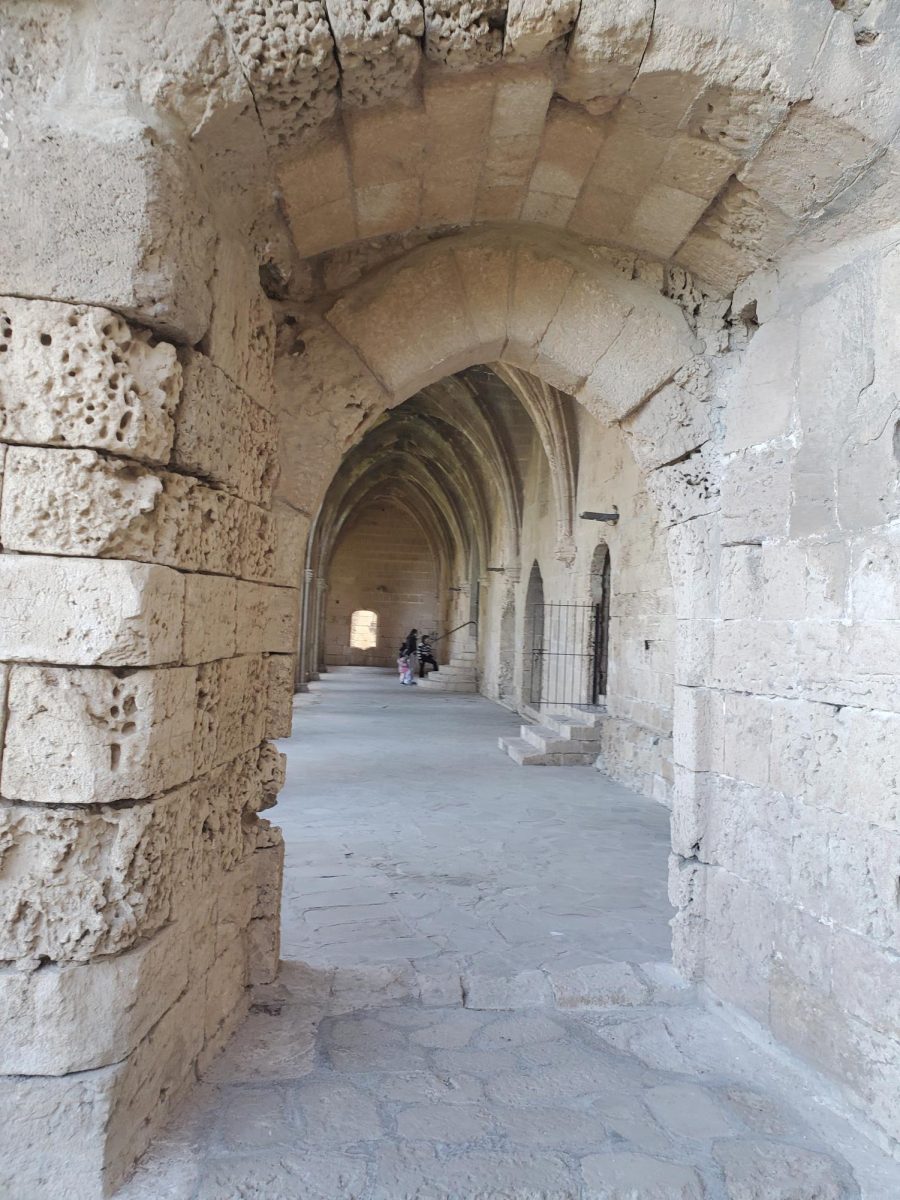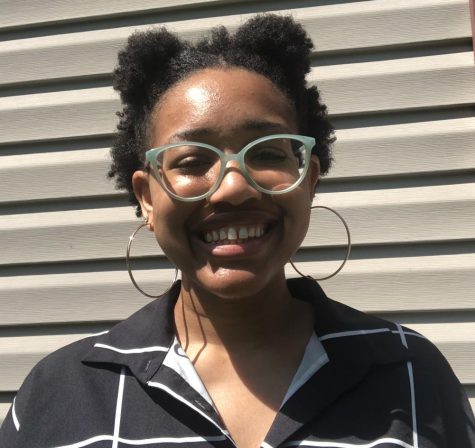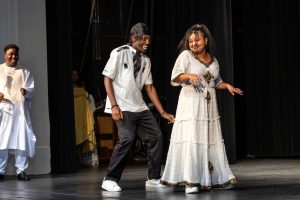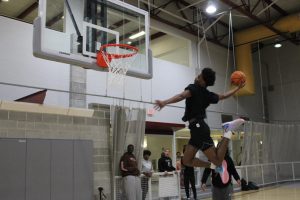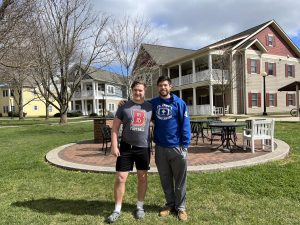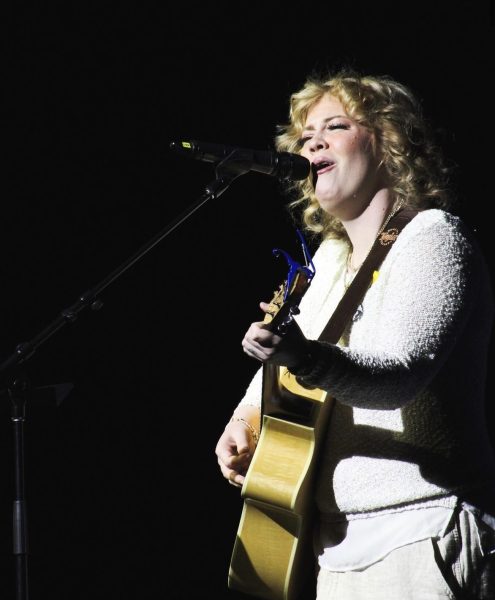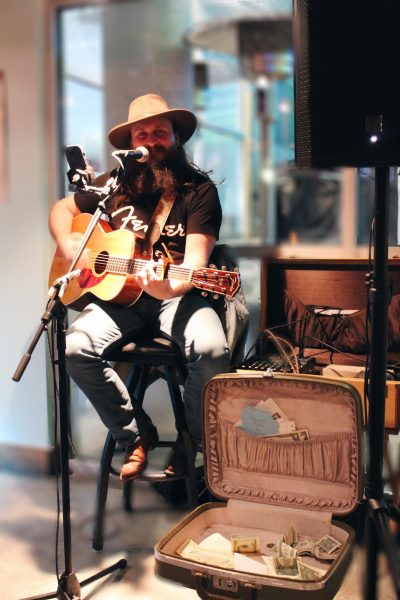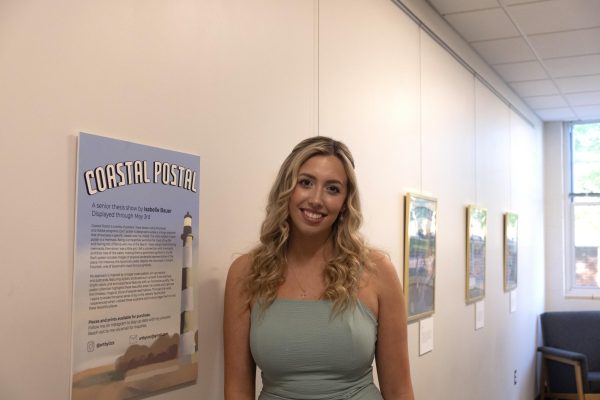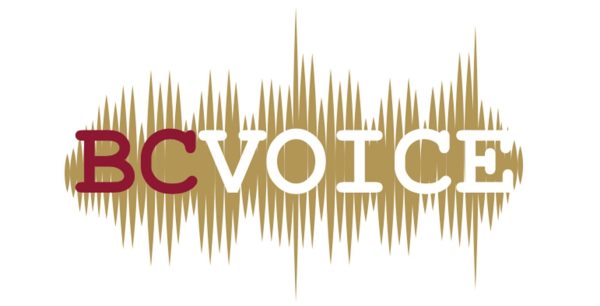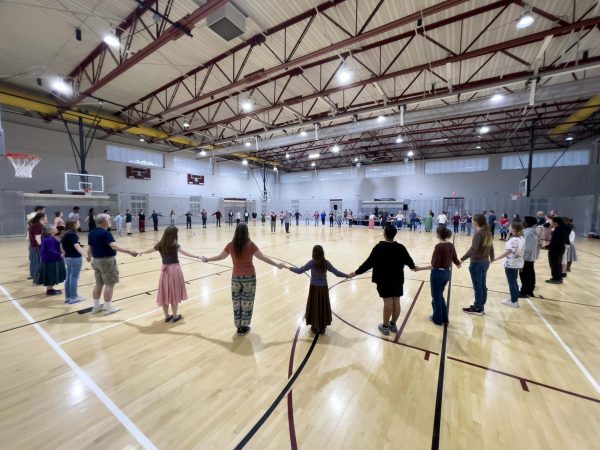Understanding Freedoms and Limits of Free Speech
ACLU Lawyer Emerson Sykes Explains the Basics of the First Amendment
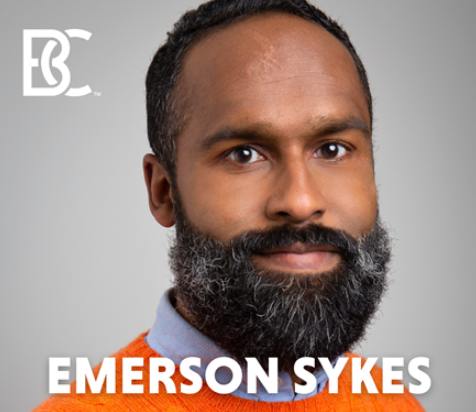
Emerson Sykes is a staff attorney for the American Civil Liberties Union. The ACLU fights for basic human rights including women’s rights, immigration, and LGBTQ rights.
October 2, 2020
Bridgewater, Va. – On Sept. 30, American Civil Liberties Union Staff Lawyer Emerson Sykes participated in a virtual endowed lecture entitled “An Evening on Freedom of Expression,” which concentrated on the first amendment on college campuses.
Sykes’ portfolio consists of first amendment rights, including the right to protest. He also advocates for racial justice and campus speech. As a staff attorney for the ACLU, Sykes has experience tackling different issues concerning free speech.
“The ACLU as an organization has been at the forefront of the fight for civil rights and civil liberties for a hundred years, and especially I think we can take a great deal of credit for the modern interpretation of the first amendment,” said Sykes.
Prior to the ACLU, Sykes was a legal advisor for Africa at the International Center for Not-for-Profit Law. This experience propelled him into a career in protecting first amendment rights.
“I have a fundamental distrust of government to make decisions about what is okay to say or not say,” said Sykes. “My journey to the first amendment was through working in places like Uganda with LGBT activists who were locked up just for having pride marches. Even pride events within private homes landed people in jail.”
Witnessing the lack of protection internationally helped Sykes see the consequences “when the government has the right and authority to discriminate against people based on their viewpoints.”
In the United States, the first amendment states that Congress shall make no law abridging the freedom of speech, religion, the press and assembly. This amendment “constrains government” because Congress cannot place restrictions on private speech. This also pertains to college campuses, but it differs between public and private institutions.
“A public university like James Madison is the government,” said Sykes. “The first amendment constrains how James Madison University might regulate speech among its community members. Bridgewater College and other private universities are not the government because they are private entities and therefore the first amendment doesn’t have much to say at all about how they regulate speech.”
The government is also never allowed to participate in viewpoint discrimination, meaning “they cannot restrict speech based on the viewpoint that is expressed,” according to Sykes.
However, not all speech is protected under the first amendment. “Harassment, fighting words, incitement to violence are not protected,” said Sykes.
The ACLU has intervened in multiple instances of the infringement of free speech on college campuses. Campuses are often controversial because it serves as a place where students encounter new ideas, but also students are “subject to potentially offensive speech in a way that professional folks and adults are not,” said Sykes.
According to the ACLU, sidewalks and public spaces of college campuses are under the protection of free speech.
Sykes believes that “we’ve seen a huge groundswell in student activism and we can be proud of how engaged young people are right now.”
However, Sykes believes that civic teaching has been deprioritized in schools.
“It shouldn’t be a surprise that we end up with a lot of college students who are eager and energetic to fix the many problems in our society, but they also may not have a comprehensive understanding of the constitutional forms at play if they were never taught these things,” said Sykes.
Sykes believes it is important for students to express their opinion, but also listen to those surrounding them.
“All of us at least have one idea that falls in the minority,” said Sykes. “We as a nation have trained a generation of young folks to be extremely empathetic, to be extremely energized around public policy issues. We’ve seen a huge groundswell in student activism and we can be proud of how engaged young people are right now.”
The lecture was followed by a Q&A between Sykes, President David Bushman of Bridgewater College, President Jonathan R. Alger of James Madison University and moderated by Roy F. Young, president and CEO of James Madison’s Montpelier.

